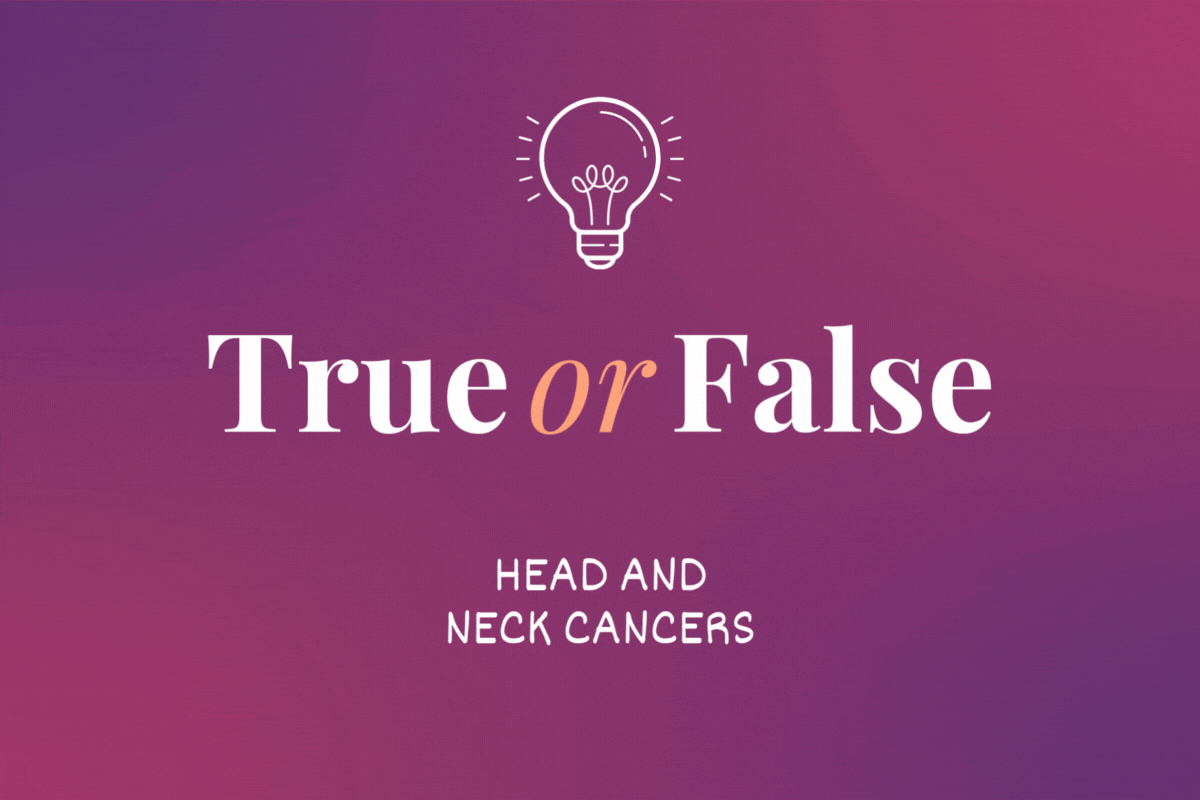Perimenopause and menopause symptoms can be brutal. Most women and people assigned female at birth (AFAB) experience vasomotor symptoms (VMS) — night sweats and hot flashes — among other symptoms that can disturb your sleep, affect your mood and lower your quality of life. And these symptoms can go on for years and are associated with an increased risk of serious health conditions over time.
The good news is that there are treatments that can help with symptoms, bone loss and other issues that happen during menopause. Hormone therapy — treatment that replaces hormones like estrogen and progesterone that fluctuate during perimenopause — is approved by the Food and Drug Administration (FDA) and considered the gold standard for care, according to the American College of Obstetricians and Gynecologists (ACOG).
However, misinformation about the safety of FDA-approved hormone therapy is still shared online despite evidence that the treatment is safe for most people. The misinformation has led to an increase in interest in alternative hormone treatment options, namely compounded hormone therapy (HT).
Compounded HT is sometimes marketed as a “natural” alternative to FDA-approved hormone therapy because it may include plant-derived hormones called bioidentical hormones. In reality, there are FDA-approved bioidentical hormone options, such as estradiol and micronized progesterone, and not all bioidentical hormones are compounded.
In addition to seeking a more “natural” alternative for hormone therapy, people look to compounded HT for customized doses and alternative delivery methods that may not be an option with hormone therapy regulated by the FDA. But the lack of regulation means you don’t know for sure what you’re getting.
What is a compounded medication?
Compounded medications are prescription drugs that are altered to fit your specific health needs. For example, if you’re allergic to a type of dye in a medication, the compounded version would be made for you without the dye. The process involves a specially trained pharmacist called a compounding pharmacist who will mix, alter and/or combine ingredients specific to your needs that can’t be met with a standard, mass-produced drug.
The concern with compounded medications is that commercial drugs are approved by the FDA and compounded medications are not. So, in the case of hormone therapy, a customized treatment sounds good, but the safety, efficiency and quality of the drug can’t be verified because it hasn’t been approved by the FDA.
Hormone pellets, for example, are a common compounded HT that are inserted under the skin every three months. But as a compounded drug, hormone pellets are not approved by the FDA, which means the dosage, quality and other important factors haven’t been tested. And pellets are designed to dissolve over time — not to be removed — which can be a problem if you experience side effects or health issues.
“There's no data to suggest preferred safety or preferred benefit [for compounded drugs],” said Lisa Larkin, M.D., an internal medicine, women's health and menopause physician and member of HealthyWomen’s Women’s Health Advisory Council.
Read: Clinically Speaking: What You Need to Know About Hormone Therapy >>
Compounded hormone therapy and social media
Larkin said her patients are hearing about compounded HT from sources on social media — like dieticians, estheticians and menopause coaches who are in credible professions yet have no formal medical training in hormone therapy — rather than from experts on hormone therapy. “They don't have enough information to be giving them the truth. I think that people who don't prescribe the medication should not be [saying who] should be taking prescription medications,” she said.
Both hormone therapy and compounded hormone therapy require a prescription from a healthcare provider. Larkin said people are looking to less reputable sources — a medspa or certain telehealth options — as a way to get compounded HT. “There's lots of places and ways people are getting compounded products, and it's lots of times compounded testosterone — and very high doses,” Larkin said. “Patients are coming in after a couple years on the compounded testosterone who were starting to have the male effects of the testosterone and now looking to get off [of it] because they're bothered by it.”
In addition to dosage concerns, research shows unregulated hormone therapy can lead to serious health consequences including stroke, renal failure and even death. The lack of evidence on the benefits of compounded HT compared to FDA-approved HT has led professional organizations like ACOG and The Menopause Society to issue statements against compounded HT in favor of FDA-approved treatment when available.Talk to your healthcare provider
When scrolling through social media, it can be hard to ignore advertisements and posts for alternative “natural” therapies to help with sleep, hot flashes, and all the other mental and physical issues that come with menopause. But if you can take FDA-approved hormones, that’s the way to be sure you’re getting consistent, effective and safe hormone therapy.
There’s a lot of misinformation on the internet about women’s health overall, so talk to your healthcare provider about your options. “Be cautious about who is giving you the advice,” Larkin said.
This educational resource was created with support from Kenvue, a HealthyWomen Corporate Advisory Council member.
- "Natural" Hormone Therapy ›
- CBD Is Touted for Pain Management—But Does It Work ... ›
- Designing Less Addictive Opioids, Through Chemistry ›
- The Skinny on Microdosing GLP-1 Drugs ›







